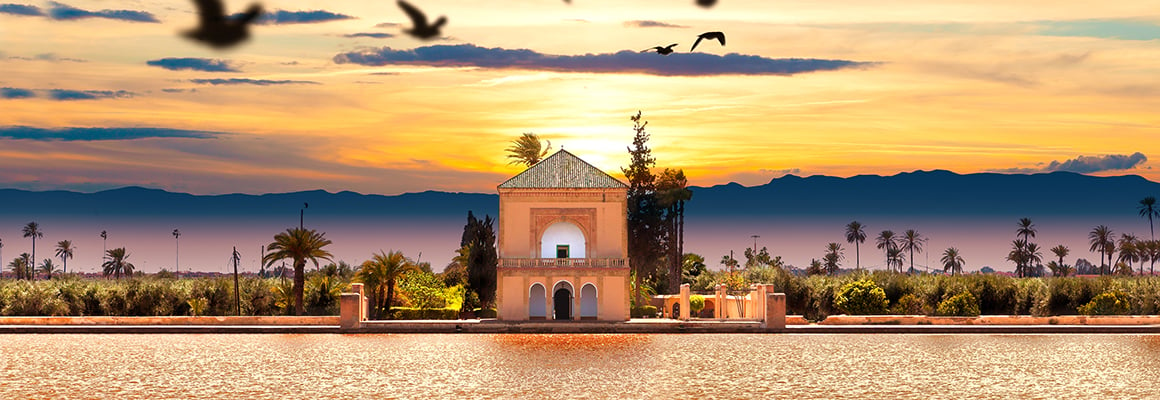Earlier this week, the first stop on my Middle East and North Africa trip was Morocco, which displayed its legendary hospitality and kindness. Located at the crossroads of Africa, Europe, and the Middle East, the country holds so much promise as a dynamic hub for the region.
Morocco has remained a model of stability despite a challenging environment—the economic crisis in Europe, political transition in Arab countries, and more. Throughout all this, the economy has proved resilient, and serious reforms are under way.
Yet repeatedly during my visit, I heard about the problem of unemployment, especially among the youth.
In the Middle East and North Africa, more than 15 million people are currently unemployed. It is a phenomenon that touches all countries and, disproportionately so, people under 25. In Morocco like in most countries, youth unemployment (19 percent) is double that of the average population (9.2 percent).
We will discuss this difficult issue of unemployment at our regional conference in Amman, which starts tomorrow. At “Building the Future: Jobs, Growth, and Fairness in the Arab World,” senior policymakers, civil society representatives, private sector partners, and academics will debate the next phase of economic transformation for the Arab countries in transition.
Strengthening the middle
During the Amman conference, we will listen to each others’ news, compare our analysis, and assess best practices; no one has yet the magic recipe to fix all these pressing economic challenges.
Yet I have little doubt that sustained growth is only possible if a country has a solid macroeconomic foundation based on which confidence can be built, to in turn develop investments and create jobs. Beyond stability, I also think that strong cooperation between the public and the private sectors is indispensable to encourage the creation of growth and jobs, and I believe that an inclusive economy best supports sustainable growth.
In a speech in Rabat on Thursday, I offered a thought: strengthen the “middle” in the economy, in society, in the size of government—that is, create more vibrant small and medium-sized enterprises, a stronger middle class, and a government that is neither too small nor too large.
Accomplishing this is not easy. As discussed with my Moroccan colleagues, the private sector can play a significant role. But it will only do so in an improved business environment through smarter regulations and more competition, through streamlining conditions for business entry, and through ensuring that small and medium-sized firms have adequate financing.
A more inclusive economy also involves (1) the right conditions for more youth and women to enter the job market; (2) education that matches students’ skills with the needs of modern business; and (3) better functioning labor markets.
Raising the participation of women in the labor force would result in real gains for the region’s GDP. I discussed this point during my visit in Morocco. To my astonishment, I learned from a group of dynamic, passionate women leaders that I met in Morocco that 66 percent of recent graduates are women—and yet only 26 percent of woman actively participate in the labor force.
This will change, because such a low ratio, common in many parts of the region, signals a huge waste of resources. One calculation shows that if the gap between male and female labor force participation in the region were only double (rather than currently triple) the average gap in comparable countries, output over a decade would be $1 trillion higher.
Finally, a more inclusive economy implies better transparency and enhanced governance. People want to know how the government spends their tax money and whether banks and companies are financially sound. Strong governance is essential, because corruption undermines economic effectiveness, just as it can eventually destroy a society’s social cohesion.
Youth perspectives
In the run-up to the Amman conference, we at the IMF conducted a Facebook campaign to hear directly from Arab youth on how best to create jobs in their countries. We received suggestions from a diverse set of young Arab women and men. Many of them echoed the points I just made—the need for greater investment in the region, a desire for more assistance to entrepreneurs, and the urgency of stamping out corruption. The confident and articulate students whom I met yesterday at the Université Internationale de Casablanca gave me confidence that the new generation of Arab youth is ready to tackle the challenges ahead.
I look forward to discussing these ideas in Amman over the next two days.




